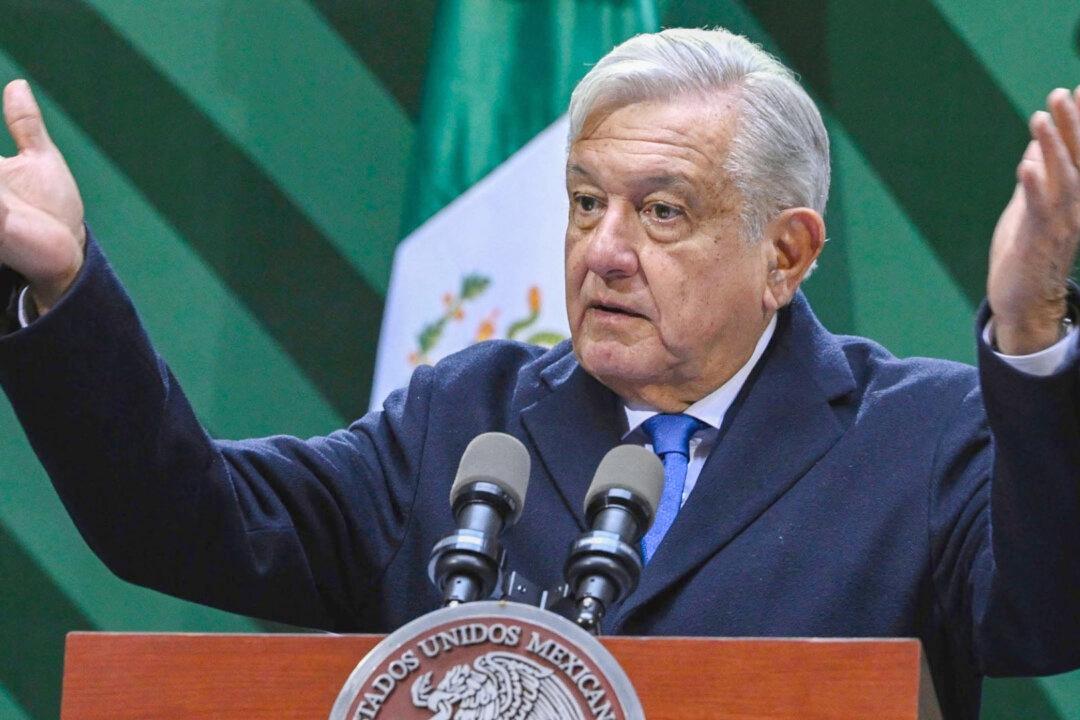Latin American heads of state criticized the Ecuador government’s decision to enter the Mexican Embassy in its territory and arrest an asylum seeker—violating international protocols that protect embassies from such incursions.
On April 5, police broke into the Mexican Embassy in Quito and arrested former Ecuadorian Vice President Jorge Glas, who had sought asylum and was staying there. Mr. Glas was sentenced to six years in prison in 2017 for a corruption case. He also has a preventive warrant in another case. Mr. Glas claims that he’s being politically persecuted by the Ecuadorian government, a charge that the administration denies. He had requested political asylum at the Mexican Embassy in December 2023, and it was granted on April 5.





